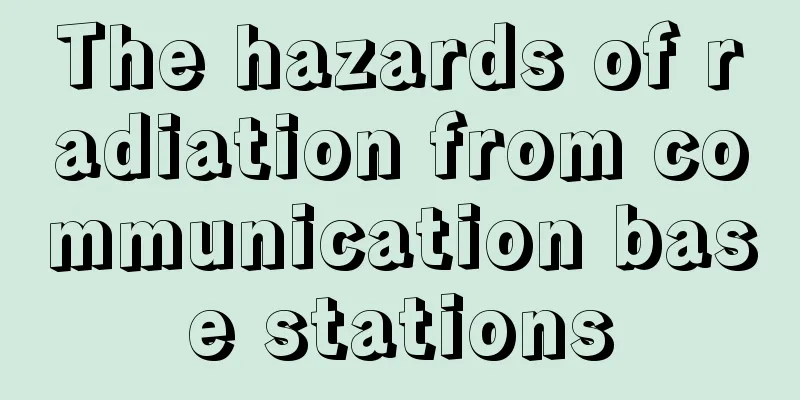Methods for correcting lateral and nasal sounds

|
Many of our friends in the southern regions are very distressed in life. For those with heavy southern accents, they don’t know how to pronounce, which brings great obstacles to communication. The following article will introduce to you how to distinguish lateral sounds and nasal sounds. Let’s learn about it together. The confusion between nasal sound n and lateral sound l is common in most places in Anhui Province, especially in the Jianghuai dialect area. Either the nasal sound n is read as the lateral sound l, or the lateral sound l is read as the nasal sound n, with the former being the majority. In Mandarin, the consonant initial n is a pure nasal sound, with all airflow passing through the nasal cavity. For some people, the sound of n sounds like l. This is because the soft palate does not descend enough, the tongue is contracted tightly, and the blocked part of the oral cavity is not completely closed, causing part of the airflow to leak out along the sides of the tongue. When pronouncing "l", it sounds nasal, because the soft palate is not lifted enough and the tongue is placed too wide, causing residual air to leak out of the nasal cavity. How do you understand the correct pronunciation of n and l? Try the following comparison: Method 1: Prepare for pronunciation according to the pronunciation requirements of n. Pinch your nostril between your thumb and index finger and try to pronounce the n sound. If you have a strong feeling of holding your breath, it means the position and method of pronunciation are correct. Release your thumb and index finger, pronounce with the vowel e or a, and n will sound naturally. Otherwise it is wrong. Method 2: Prepare for pronunciation according to the pronunciation requirements of l. Cover your mouth with your hands and try to pronounce the l sound. If your cheeks bulge and you feel like you are holding your breath, it means that the pronunciation requirements are met. Remove your palms and pronounce with the vowels e or a, and the l will be pronounced naturally. We have also introduced how to distinguish lateral sounds and nasal sounds. In daily life, you can practice distinguishing lateral sounds and nasal sounds according to the above introduction. After long-term practice, I believe that you will be able to speak fluently. |
<<: Recommended books to improve memory
>>: The power of habit and how to develop it
Recommend
What are the side effects of bladder cancer intravenous chemotherapy
Bladder cancer is a common tumor of the urinary s...
How to care after lung cancer surgery? Start from these three aspects
After surgery for lung cancer, nutritional care i...
Prevention and treatment of tuberculosis
Regarding the prevention of infectious diseases, ...
Will drinking Shengmai Drink cause internal heat?
Chinese medicine is a very traditional medicine. ...
How much does bone cancer treatment cost
Bone cancer surgery is generally targeted at pati...
If you have persistent pelvic pain, beware of prostate cancer
Prostate cancer is a disease that causes headache...
What are the uses of Vaseline
There are many skin care products related to Vase...
Tongue numbness after nasopharyngeal cancer treatment
Tongue numbness after nasopharyngeal cancer treat...
Three sleeping positions between couples that lead to the longest life span
Sleep not only affects women's body and beaut...
What should I do if my ALT and AST are high?
If alanine aminotransferase and aspartate aminotr...
What should you pay attention to when exercising to gain weight?
For those who want to gain weight, they must pay ...
Is it normal to still have blood 50 days after a normal birth?
Natural birth and cesarean section are two ways f...
What's the matter with the dull pain around the belly button
Many people nowadays do not pay much attention to...
Can pituitary tumors be completely cured?
Pituitary tumors are common intracranial tumors t...
What's wrong with the weakness in the limbs?
In fact, the phenomenon of weakness in the limbs ...









